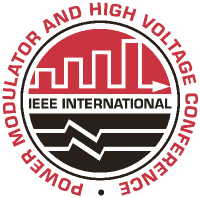Speaker
Mr
Lingyu Gong
(Chongqing University)
Description
Irreversible electroporation (IRE) is a biophysical process in which electric fields applied across a cell cause extensive or permanent permeabilization of the cell membrane, which eventually leads to cell death. It has shown significant advantages in ablating prostatic tissue, such as rapid lesion creation, rapid lesion resolution, sparing of structures such as vessels, nerves and urethra for treating prostate cancer. Compared to conventional electroporation, microfluidic electroporation (MEP), because of scaling down the sizes, provides many advantages such as reducing Joule heating effect, stabilization of pH change and control of electrical parameters. Miniature devices also require very small amount of sample volume resulted in enhancement of their sensitivity and less consumption of reagent. In this paper a novel three-dimensional microfluidic electroporation chip is designed and fabricated using MEMS technology. The width and height of the fluid pathway are all 30μm. Sheath-flow technology is used to guarantee that single cell can flow through the fluid pathway one by one, not blocking at the port of the pump and the fluid pathway. Gold is chosen as the electrode material because of its low electrical resistivity and chemical stability. The structure of plate-shape electrodes can ensure the uniformity of the electric field to an extreme. The chip has been tested by electroporating human liver tumor cell (GLL19) with propidium iodide (PI) and time evolution of PI transport is also attained. Then we apply this micro electroporation chip for quantitatively characterizing the effect of electric parameters, such as pulse amplitude, pulse duration and pulse number on IRE at the single cell level.
Primary author
Mr
Lingyu Gong
(Chongqing University)
Co-authors
Prof.
Chenguo Yao
(Chongqing University)
Prof.
Chengxiang Li
(Chongqing University)
Prof.
Yan Mi
(Chongqing University)
Dr
Yanpeng Lv
(Chongqing University)
Peer reviewing
Paper
Paper files:
